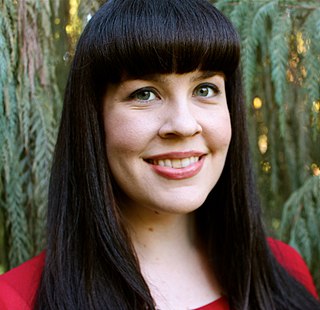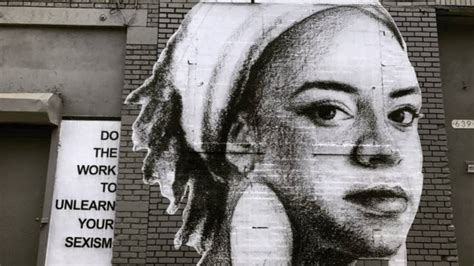A Quote by Germaine Greer
Most people die in improvised circumstances of harassment and confusion, whether in hospital or out of it.
Quote Topics
Related Quotes
I think there is nothing wrong with instituting policies that say that harassment of any form, whether it comes through the Internet or whether it happens to you face to face, is unacceptable; that we've got zero tolerance when it comes to sexual harassment, we have zero tolerance when it comes to harassing people because of their sexual orientation, because of their race, because of their ethnicity.
At a certain point, I started playing improvised music. After a couple of years of this, I did a little bit of analysis and found most improvised music the kind I was listening to at least, which was mainly European to be as, if not more, formulaic than any other kind of music. For example, improvised pieces would often begin and end in the same way.
Hey, folks, look at all the damage that Bill Clinton has done to feminism. First, oral sex is not sex now. You got a Lewinsky, it isn't sex. And sexual harassment, you know what it used to be? All you had to have for sexual harassment was for a superior in your office to use his power to have his way with you, no matter whether you wanted it or not. Now that's out the window. Because we can't, of course, have Bill Clinton said to have engaged in sexual harassment. No way. Not gonna happen.
The other thing is that it's really hard to separate out the harassment from everything we do. When we started creating Tropes, we were hyper-aware of the intense scrutiny, the intense harassment, and the intense pressure to do something meaningful given the attention both positive and negative. That's carried over in terms of making sure that I produce the best work that I can, that's the most accurate, the most sensitive and engaged.
The most effective leaders of companies in transition are the quiet, unassuming people whose inner wiring is such that the worst circumstances bring out their best. They're unflappable, they're ready to die if they have to. But you can trust that, when bad things are happening, they will become clearheaded and focused.
It's not that bad things never happen. But there's a pattern in which most people are calm, resourceful, altruistic, and they improvise emergency systems that work really well - whether it's getting the babies out of a collapsed hospital or putting together a community kitchen to feed everybody for the next few months.
Whether one wants to be free to live out a "hard-wired" sense of sex or a more fluid sense of gender, is less important than the right to be free to live it out, without discrimination, harassment, injury, pathologization or criminalization - and with full institutional and community support. That is most important in my view.
Men who are offenders of street harassment and women who experience street harassment can walk by and feel something about it, because it's out there in the environment where the harassment actually happens. So it's a lot more powerful than an oil painting that's stuck in a gallery or under my bed or in my studio where only a couple of eyes are going to see it, as opposed to it being in an environment where it could possibly effect a change.
We have a plan and it's been put out on my website and people love it. If you're going to have a wait of six days, five days, two days, one day, we're going to give our great veterans the right to go out, go across the street to a private doctor or a private hospital or a public hospital, whatever happens to be in that community, without having to drive 400 miles to another hospital.
We talk about sexual harassment in the workplace, but there's sexual harassment in schools, right? There's sexual harassment on the street. So there's a larger conversation to be had. And I think it will be a disservice to people if we couch this conversation in about what happens in Hollywood or what happens in even political offices.






































